By David Himbara
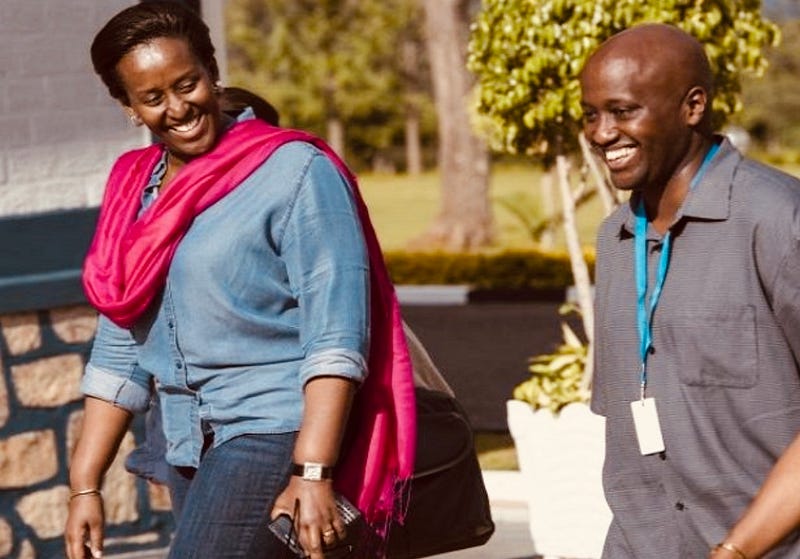
Kagame minister Nduhungirehe took me to task for saying that Rwanda’s 12 million people have low access to clean water. Let us take a closer look at the rural areas where 83% of Rwandans live.
The World Bank indicates that the urban population in Rwanda is 17%. So, what is the situation of rural Rwanda — where 83% of Rwandans live — in terms of accessing clean water? General Paul Kagame’s minister, Olivier Nduhungirehe, took me to task for stating that 12 million Rwandans suffer from low access rates to clean water. Let us take a closer look at rural Rwanda.
By coincidence, the Auditor General analysed extensively in 2018 the state of water quality and systems in rural Rwanda. I provide here the highlights of the 2018 Auditor General’s findings — most of which are depressing. The Auditor General begins by noting that ”there are still challenges of water supply infrastructure in rural areas hindering access to clean water.”
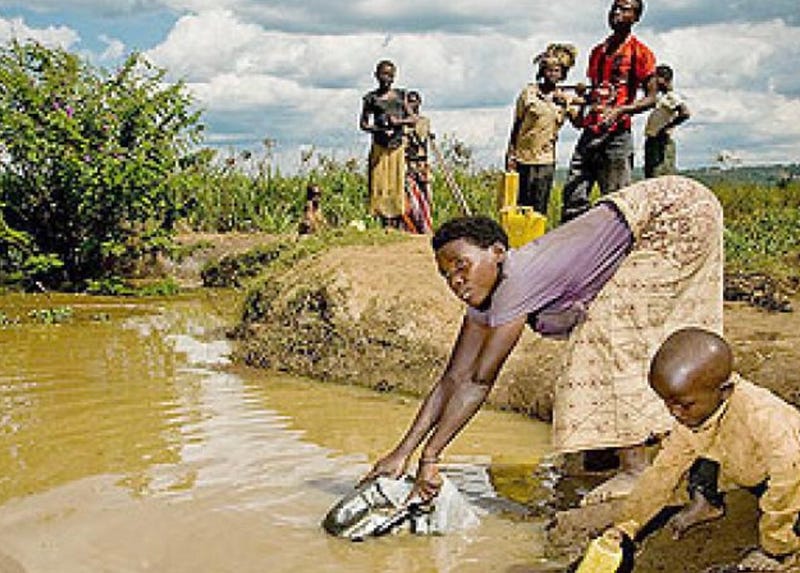
Does Rwanda have a long-term strategy for rural water supply?
”During the audit, it was noted that 9 districts sampled for the audit did not prepare clear strategies aimed at delivering on the target of 100% access to clean water by all. Therefore, the visited districts did not have a strategic focus or any direction outlining initiatives planned to indicate how and when Districts will achieve the long-term goal of supplying the right quantity of clean water to all population.
Does Rwanda have rural water master plans?
”The audit identified that all nine (9) sampled districts did not have water master plans indicating available water networks and potential sources of water to guide the expansion and construction of new water networks. Therefore, districts do not know the current status of water systems and there was no plan to meet the current and future demands of water supply. The absence of water master plan affects districts to identify key areas that need water supply infrastructure, which constrain the achievement of the access to clean and safe water to all.
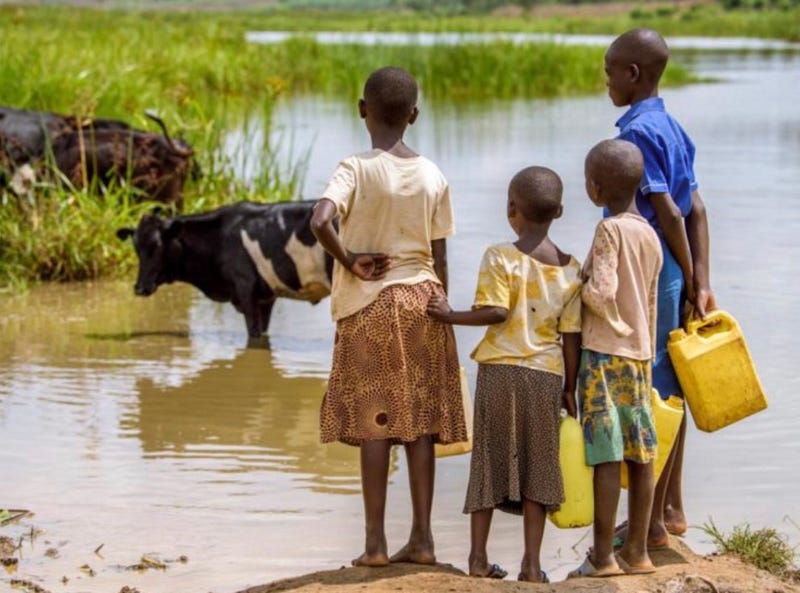
Is water disinfected before distribution?
”During field visit, the audit identified Eighteen (18) out of 23 water supply systems visited which did not have chlorination units to disinfect water before its distribution. Consequently, this raises the risk of providing unsafe water for consumption to the beneficiaries hence not achieving the set target of provision of clean and safe water.”
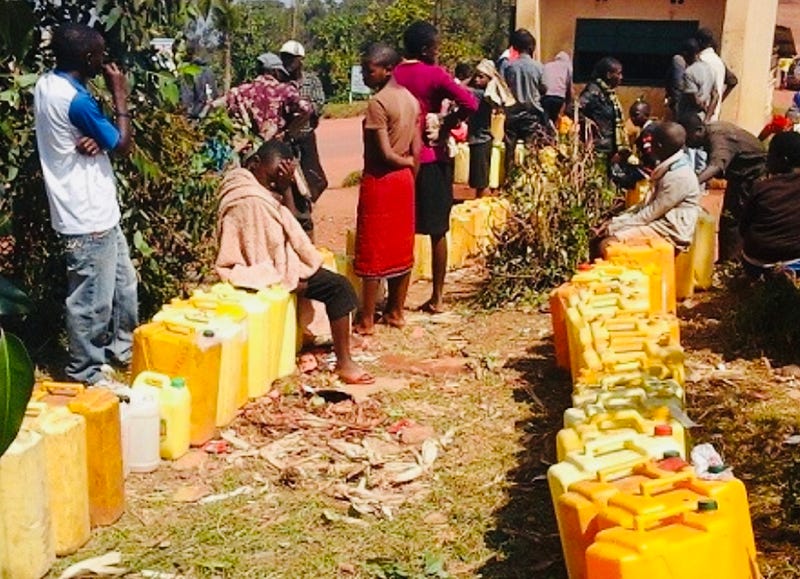
Are Water Users Committees functioning?
”During the field visit in the 9 sampled districts, it was noted that water user committees at selling points for all visited 23 water supply systems are not operating. The designated members of those committees were not aware of their roles and responsibilities with regards to daily management of public taps and kiosks they use.”
Are the water systems maintained and regularly rehabilitated?
“The absence of maintenance and rehabilitation lead to waste of water, poor quality of water and dilapidation of water facilities. This affects the sustainability of water supply in rural areas hence not achieving 100% access to clean water.”
Dear Minister Nduhungirehe, the water situation in Rwanda is no good. Look at how The New Times of February 14, 2019, described the pathetic water situation in Rwanda:
”Many Kigali residents and beyond persistently continue to raise concerns over unstable water supply, even as more projects to provide water to all Rwandans are initiated. For the past few years, at least more than one water projects have been introduced. Last year alone, Water and Sanitation Corporation (WASAC) announced that it was investing $300 million (Rwf259 billion) in the next three years to address the prevailing shortfall in water supply across the country…The story is the same for the previous years. Yet, residents say they continue to experience water shut offs for large parts of the day, raising concerns over what the water utility authority is doing to bring lasting solutions.”
The New Times reported as follows in 2018:
”Senators Thursday resolved to summon Prime Minister, Edouard Ngirente, to explain how government plans to address challenges of limited access to clean water.”
In 2015, The New Times wrote:
”Rwandans should ‘tighten their taps’ as the wait for constant clean water supply is set to continue, according to the water utility body. This is despite the incessant complaints about irregular water supply from ordinary water users and manufacturers.”
Back in 2007, The New Times wrote an editorial titled ”Water crisis posing great danger to health.” That was 12 years ago.
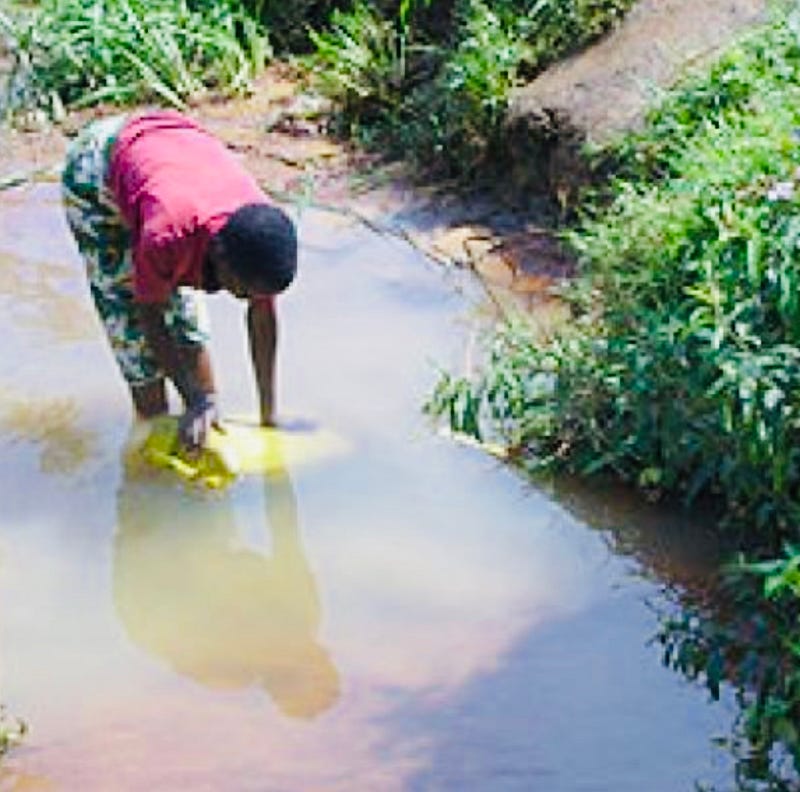
Minister, I put it to you that you should focus on the East African issues that you are charged with and leave infrastructure alone. Help your boss with the mess of Uganda border closure — start right there.




























































